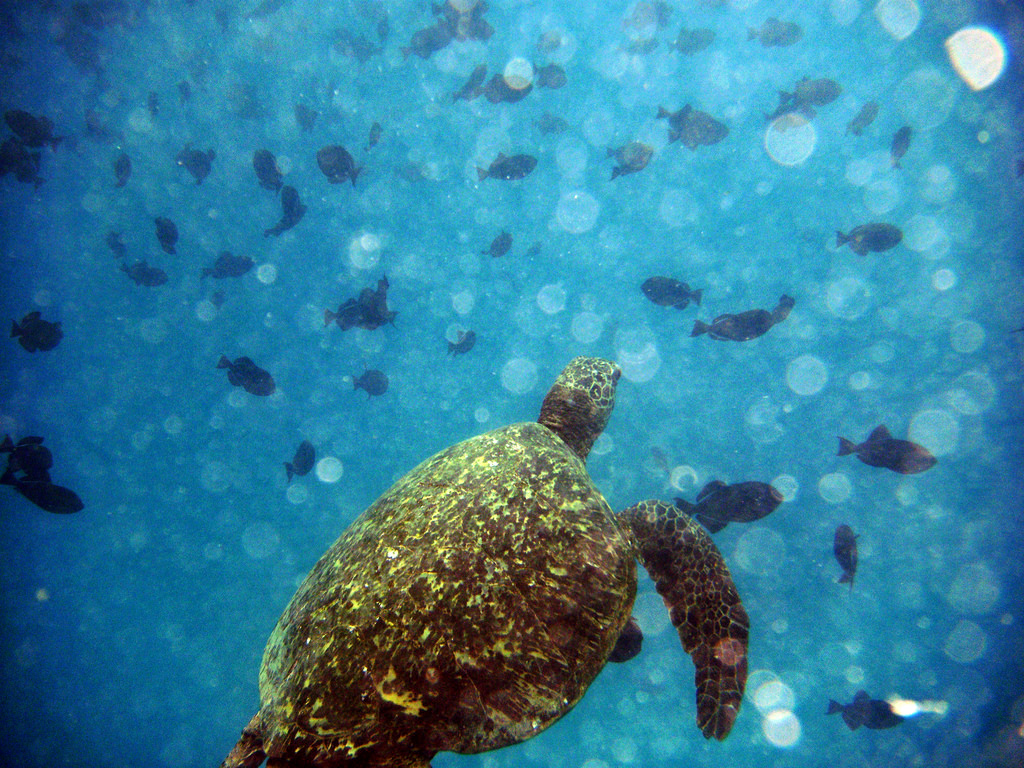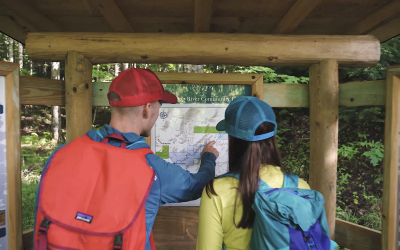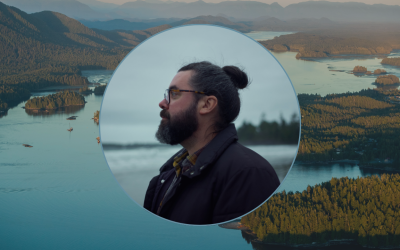Many marketers’ intuitions urge them to go bigger, reach more people, get larger exposure and become more famous. This gives many destination marketers a (perfectly natural) mortal fear that focusing and reducing the size of their marketing audience is a dangerous move. But with careful consideration and testing, the rewards often outweigh the risk. Despite the typical quest for growth, the business case for mass reach is still a faulty destination marketing idea.
What’s the alternative? Passionate niches.
The scuba solution and interest-based travel
In recent years, I have worked with our team to develop niche marketing strategies for destination marketing organizations (DMOs). Increasingly, we and our DMO partners find high value in focusing on interest-based travel, as opposed to the typical one-size-fits-all marketing of the past.
Our approach to destination marketing (which is not the same as advertising) offers a vital alternative to agencies that lead with a creative solution instead of a tested methodology involving niches and unique selling propositions (USPs). The niche approach allows destinations to find solutions to specific problems, like boosting visitation in the off season, for example, while being conscious to connect marketing investments with tangible impact.
Let’s take scuba diving as an example of a passionate tourism niche. Imagine that your destination offers authentic, world-class scuba diving. After some research, you determine that the scuba lifestyle constitutes an element of its Place DNA, and is a core USP. You might also uncover opportunities for growth, with a large number of potential scuba visitors within your geographic market.
Clients we work with often worry about stakeholder reactions to a niche approach. “This is too niche,” is a comment I’ve heard all over the world, time and time again.
Would you also have this reaction? If so, you’re not alone. But let’s explore the benefits of a niche approach to destination marketing.
3 reasons to go niche or go home
Reason #1: Be a big fish in a small pond.
In the United States of America:
There are 29 million people on Facebook who are interested in golf.
There are 17 million who like scuba diving.
There is a lot less competition for scuba diving, and few U.S. destinations can claim to have a world-class experience.
Would you rather be a big fish in a small pond that you can own, or a small fish in a big, highly competitive pond? Opportunities to create space in a new market can fall within a Blue Ocean Strategy, where destinations focus on the experiences they can excel at – those with the greatest possible value to both the visitor and the tourism industry.
Reason #2: Focus your impact on the most passionate audience.
If you market your destination to a mass audience, your communications will be less impactful.
If you talk to people honestly about experiences they’re already passionate about, they’ll listen. You’ll cut through the noise. Plus, your media dollars will be more focused, because your advertising can be shown directly to people who ‘like’ what you’ve got to offer through social advertising, search engine marketing, and programmatic and targeted content distribution.
Plus, if you tap into a passionate community with a remarkable experience or product, they’ll do the marketing for you. You can develop a whole army of advocates who’ll help your marketing team to do their job. Destinations can turn residents, expats, tourism businesses, past travellers and online influencers into raving fans who produce content that promotes the destination and supercharges positive word of mouth.
Reason #3: Build the strongest possible business case.
You need to create a defensible business case for what you’re doing with your marketing funds.
In our experience, if you reach a million people with brand advertising and a broad message aimed high in the dreaming stages of the funnel, you’ll be lucky to affect behaviour and be able to measure results. But if you can connect with a smaller passionate community, you might be the catalyst for a long-lasting trend towards visitation.
That’s because engagement is a much more defensible metric than reach. Engagement happens around things people are interested in. People engage around their passions and the topics they care deeply about. For destinations, this could be related to a niche or to a sense of pride in a particular place.
In short, marketing doesn’t need to involve buying people’s attention en masse. Increase scuba visitation from 10,000 to 20,000 visitors per year, and you’ve made a measurable difference.
Destinations have only begun to use the power of niche marketing.
Bird watching is a $41 billion market in the U.S. Yes, billion with a “b.”
There’s no niche too obscure if it can be backed up by the numbers.
Is your destination focusing on niche marketing? Why or why not? Tell us in the comments.
We’ve helped many destinations find success through niche marketing. Read about how we helped Toerisme Gelderland market its 5000km of cycling trails, and then contact our consultancy to turn your destination’s most passionate visitors and residents into its best marketers.
Featured image credit: Joshua Barnett, Flickr










0 Comments